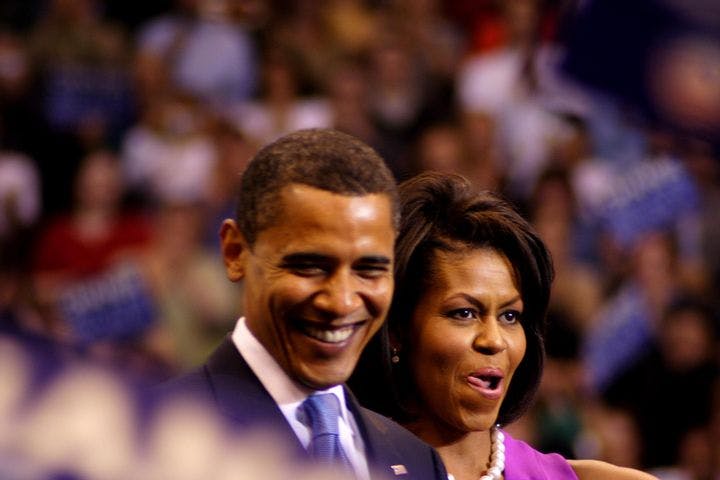Spring 2009
The Establishment Restored
– The Wilson Quarterly
Not since the election of JFK has America chosen a president so closely associated with the Ivy League.
The dramatic achievement of the November election was not the selection of the nation’s first African-American president, but the return to power of the Establishment—the northern, urban, and well-educated elite. Not since the election of John F. Kennedy in 1960 has America chosen a president so closely associated with the Ivy League.
President Barack Obama holds two Ivy degrees, from Columbia and Harvard Law, and he taught at the near-Ivy University of Chicago Law School. His inner circle is replete with degrees from the colleges in the upper reaches of the U.S. News and World Report rankings. No DePaul or Purdue grads, old-fashioned labor leaders, ward politicians, or in-laws with dubious resumés, writes R. R. Reno, features editor of First Things and professor of theology at Creighton University. The new administration’s credentials and achievements recall Franklin D. Roosevelt’s Brain Trust, Dwight D. Eisenhower’s advisers, and JFK’s Whiz Kids.
The new president’s early appointments included chief economic adviser Larry Summers (Harvard), Secretary of the Treasury Timothy Geithner (Dartmouth), and Secretary of State Hillary Clinton (Yale Law). To be sure, some of Obama’s later picks did not fit the pattern, such as Secretary of Transportation Ray LaHood (Bradley University, in Peoria, Illinois), but the tone had been established.
Four decades after antiestablishment sentiment was whipped up against the “sound men” from “good backgrounds” who bungled the war in Vietnam, the Establishment has been restored, Reno says. The old Establishment went through a crisis when the paragons of trim physiques and well-disciplined lives stood accused in the 1960s of sustaining a social system that was morally indefensible: excluding blacks, maintaining a quiet anti-Semitism, keeping women in their place. Elite universities adopted new standards to build a new Establishment: carefully selected, diverse, merit driven. Credentialed “good men” from “good families” were replaced by “good men and women” from “good schools” who had won “important internships.”
The Obama presidency “seals the ascendancy” of the reformed Establishment. Anyone familiar with the institutions from which the new elite have graduated knows what to expect: the “genteel progressivism” of the old WASP leaders. Ivy League universities themselves show what an Establishment-led administration will be like, Reno writes. Every leftist agenda has a sinecure, while institutions protect their academic predominance. When challenged, they guard the status quo. Establishment regimes govern from the middle. “Expect moderate economic interventions and no fundamental changes in foreign policy,” he says.
Centrist does not mean evenhanded. “The power of new money is always a threat,” Reno says. “It’s not an accident that the 1950s and 1960s, decades of Establishment dominance, saw high marginal tax rates” (to separate the nouveaux riches from their money). Establishments are suspicious of grassroots movements and populism. Almost all forms of populism today are socially conservative. Universities, foundations, and the judiciary are the Establishment’s favored instruments for directing social change.
President Obama himself is the most difficult member of the new administration to slot into this picture, according to Reno. He seems to have been more influenced by his church than any president in memory, and he resisted being used as a permanent ornament of a university. Maybe, Reno writes, he’s not a resumé-building achiever, but an ambitious political animal in Establishment clothes. After all, he’s been known to engage on a regular basis in what the new elite sees as the ultimate personal sin: smoking.
THE SOURCE: “The Return of the Best and Brightest” by R. R. Reno, in First Things, Feb. 2009.
Photo courtesy of Flickr/Joshua Wanyama
